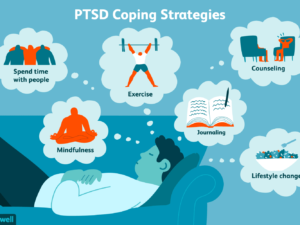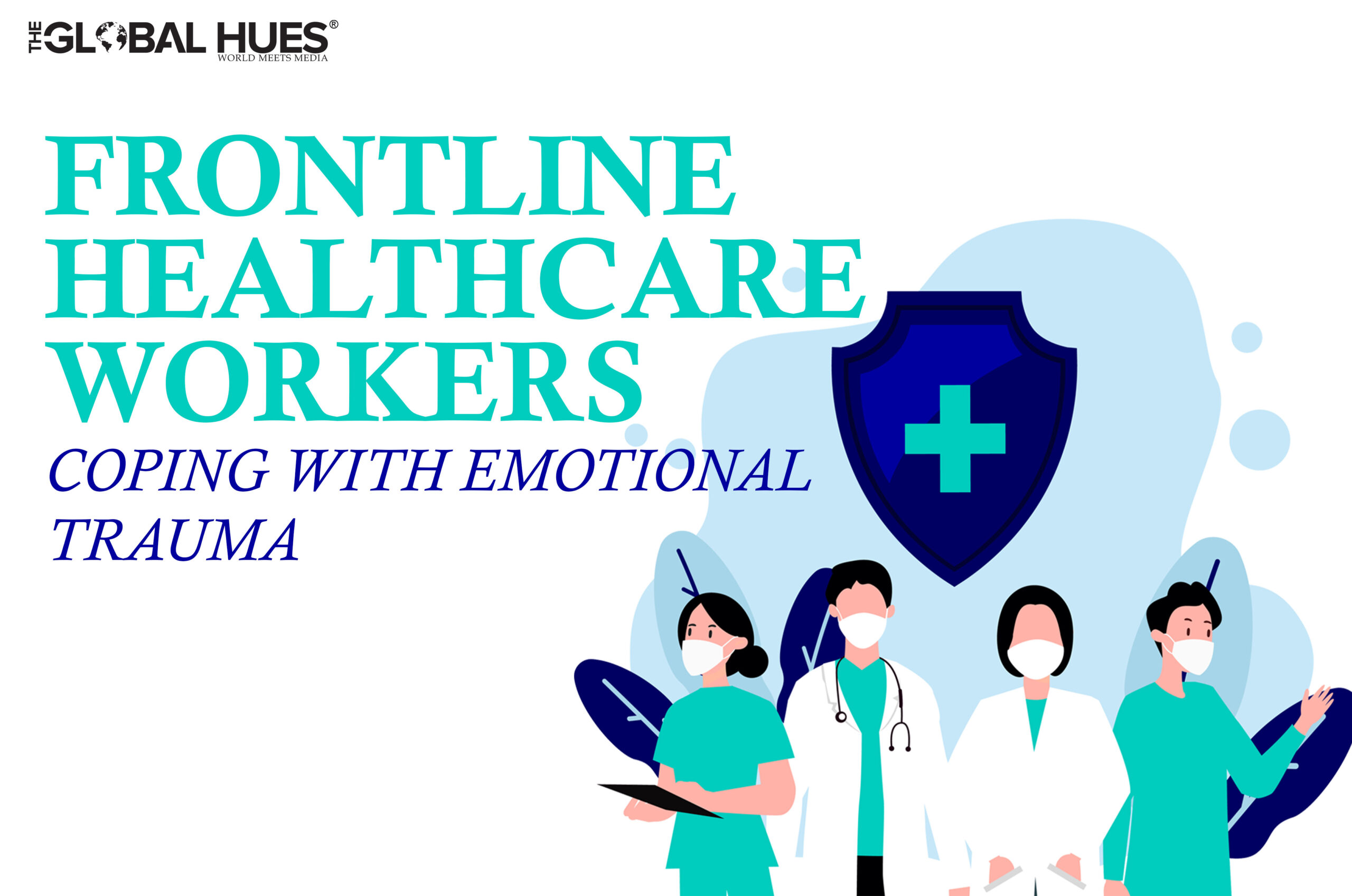In the wake of the COVID-19 pandemic, universal & individual clocks have curved from their natural linearity. 2020 has been an unprecedentedly stressful year & with the new second wave already charging at us in 2021, we’re well aware of what to expect. While most of the countries are coping up at a snail pace, the countries which triumphantly claimed herd immunity are undergoing the mightiest devastation that humanity has witnessed since the Spanish flu.
Outdoor activities have come to an absolute end while indoors have become a breeding hub for misinformation and panic. While the pandemic forced millions around the globe to be confined in their homes, the tireless frontline health workers (FHWs), risked their lives and their families in order to regain some peace in the world. Prior to the pandemic, FHWs were what could be termed as “back-stage artists” to our society.
However, with this pandemic, they have emerged as fearless warriors in the drama of humanity’s survival. Their job is no knife in butter, and to regard their excessive efforts as simply being a part of their duty would be a grave mistake on our part. In this pandemic-induced hysteria that demands round-the-clock surveillance, they have certainly outdone themselves.
Prevalence of Depression, Anxiety, and Stress in FWHs
As the general population shut their doors and windows to the pandemonium fires outside, front-line health workers stepped out of their houses; some were never to return.
Their mental saturation has been put to a tough test. To physically witness thousands die can take a toll on anyone’s psyche. On top of that, the physical well-being gets compromised with an increased risk to the virus, compulsion of wearing PPE’s for 12 hours in a row, sleepless nights & burnout situations. Burnout is in fact the most common mental situation experienced by the FHWs. Other mental ailments include emotional exhaustion, depersonalization, and a reduced sense of accomplishment, all of which directly impact a health-workers competence.
Anxiety, Depression, Insomnia, and stress-related disorders have been common find among the FHWs. The main causes behind these disorders could be attributed to many factors including their individual physical and psychological vulnerabilities, higher risk of infection exposure, the communicability of the disease, unavailability of PPEs, job-related stress, the psychological impact of isolation, interpersonal distancing, and pre-conceived stigmas about COVID-19. Other factors include the rigid regimes of wearing PPE kits, hike in caseloads, traveling during lockdowns, change in guidelines every other day, etc.
Reports coming in from many states suggested that FHWs have often been forced to stay away from their homes for the fear of infecting the neighbors. There have been many instances of these workers being obstructed by the neighbors from returning home. Moreover, the Unavailability of masks and sanitizers for grass-root health workers has forced them to adopt a scarf or “pallu-end of a saree” as a precautionary measure.

Image: Verywell Mind
PTSD: A Common Find in FHWs:
Given the excessively damaging impact of COVID-19 on Health workers, many FHWs have reported the onset of CMDs (Common Mental Disorders) like Post-Traumatic Stress Disorder or PTSD. Many have been triggered to use unhealthy coping mechanisms such as the use of alcohol, tobacco, substance abuse, etc. The direct impact of this has been an increase in absence from work and plummeting work productivity.
In states like West Bengal, several FHWs including nurses & other hospital staff members hail from the neighboring northeastern states of Tripura, Mizoram, Assam, etc. Leaving their family behind in uncertainty has taken a toll on their mental health. It is imperative to their well-being that a smooth connection with their family members & friends is ensured.
Suicide Rates On The Rise
A higher risk associated with depression and anxiety is suicide, which is ever-increasing among the FHWs. Contributing factors include -instability in the job sector, country-wide economic crackdown, fear of being responsible for the death of relatives, inadequate access to food, liquids, and rest, separation, anxiety, etc. Difficulty in performing domestic tasks and child-care for parent FHWs is fuelling these problems.
Measures To Be Taken
The FHWs deserve to be fully equipped as they put their lives at risk for others. Field workers like ASHA (Accredited Social Health Activists) and ANMs (Auxiliary Nurse Midwives) offer inadequate payrolls to their workers. The FHWs should be the propagators of SoPs and other regulations regarding their work. They should be empowered enough by the governments to legitimize their health-cautionary campaigns.
Potential measures like effective communication, tangible support from authorities, digitalization of their interpersonal communication, making self-isolation/quarantine less restrictive, curbing any misinformation, and having a strict measured outlook against violence/ ill-treatment of the FHWs, can be taken to maintain the functionality and well-being of these workers.
Conversations with the FHWs reveal that while the pandemic’s holistic impact on mental health is being acknowledged, there is a need for more discussions around the ways in which it is disproportionately affecting them and getting aggravated by existing institutional behaviors and poor working conditions.
Other measures could include media platforms & NGOs coming up with morale-boosting webinars, guidelines being issued for FHWs curtailing their individual service hours, effective shuffling of workers to ensure regular breaks, promoting ‘self-care by ensuring regular exercise and diet, etc.
Also Read:




